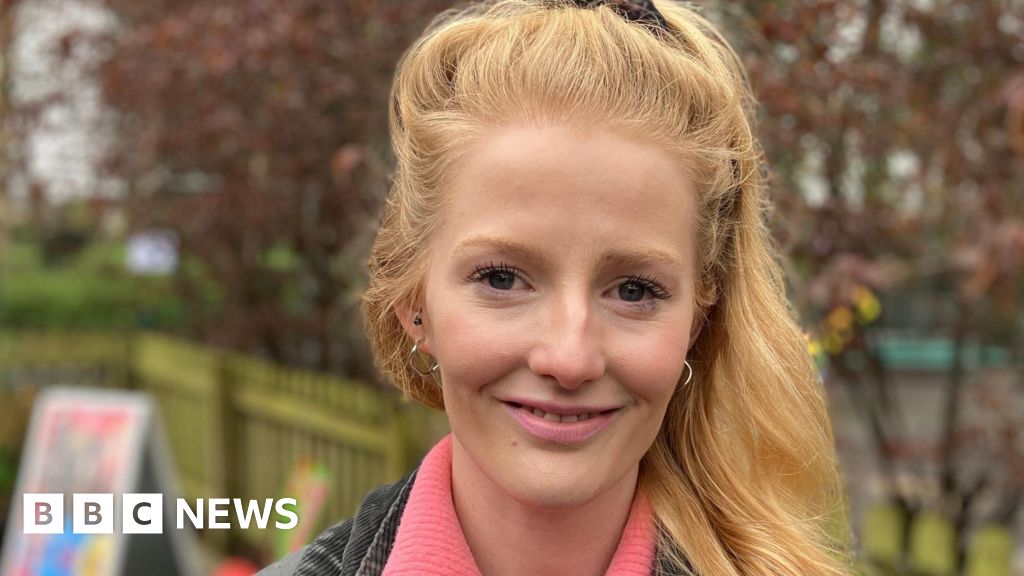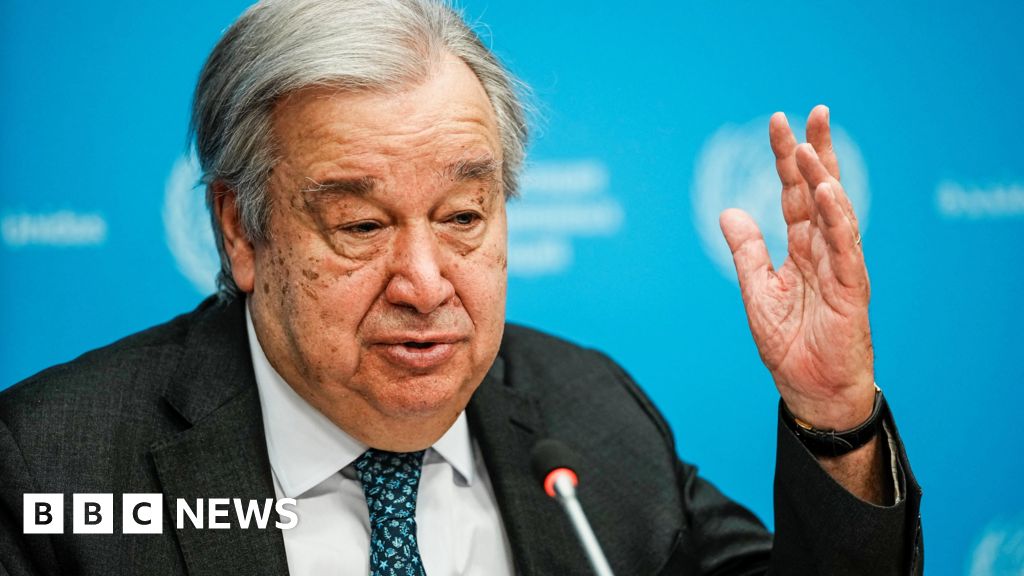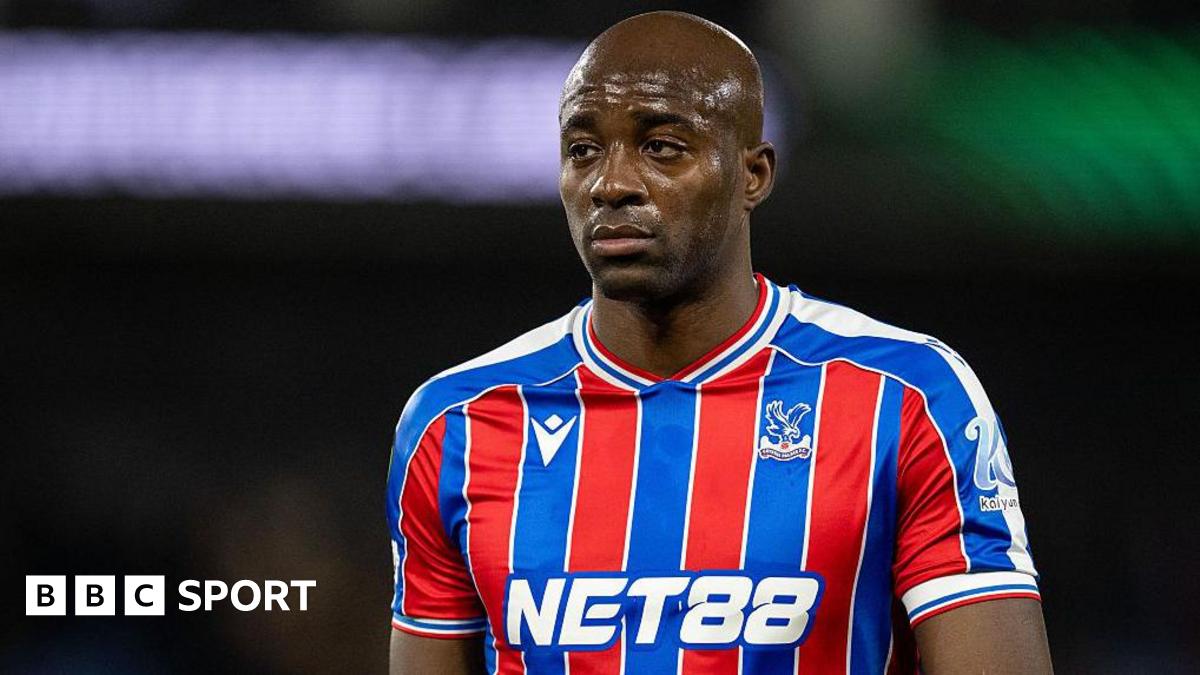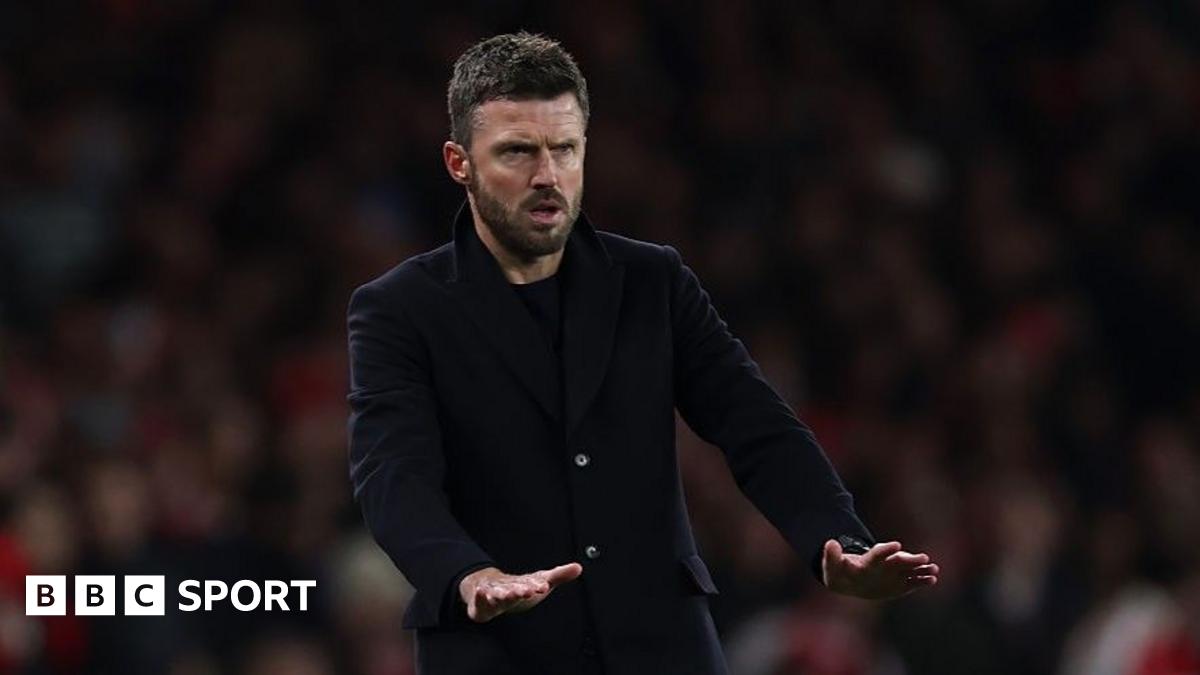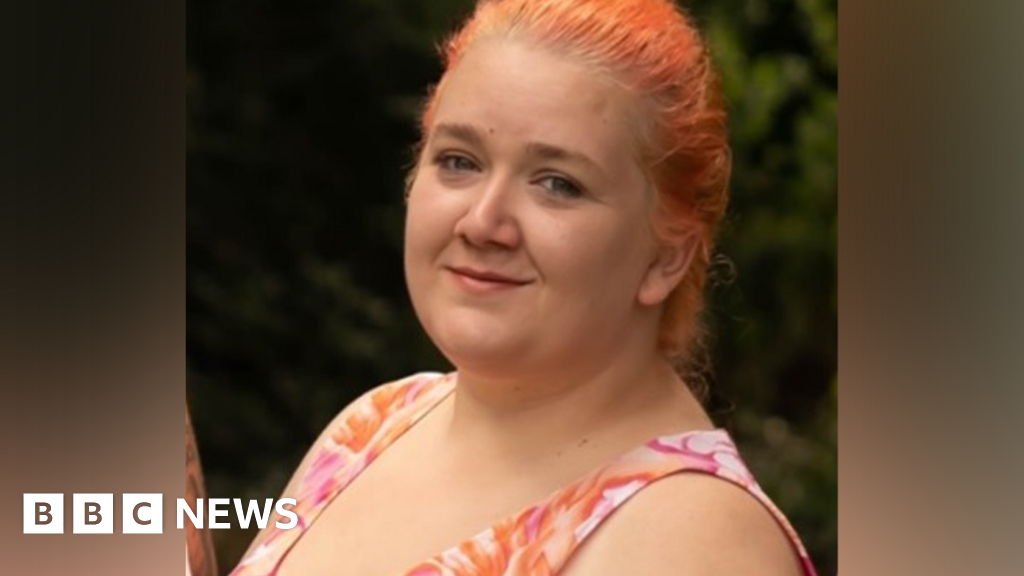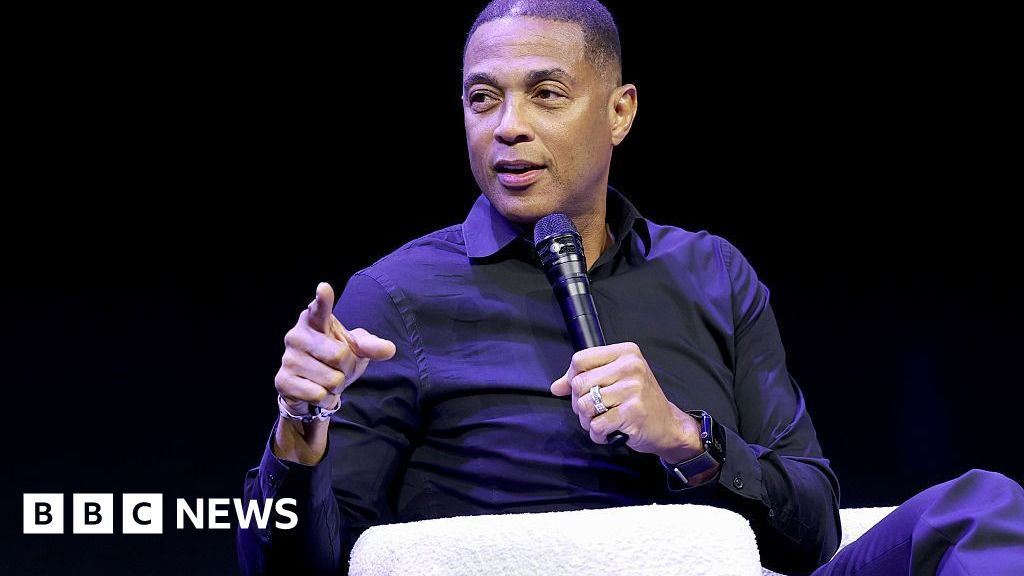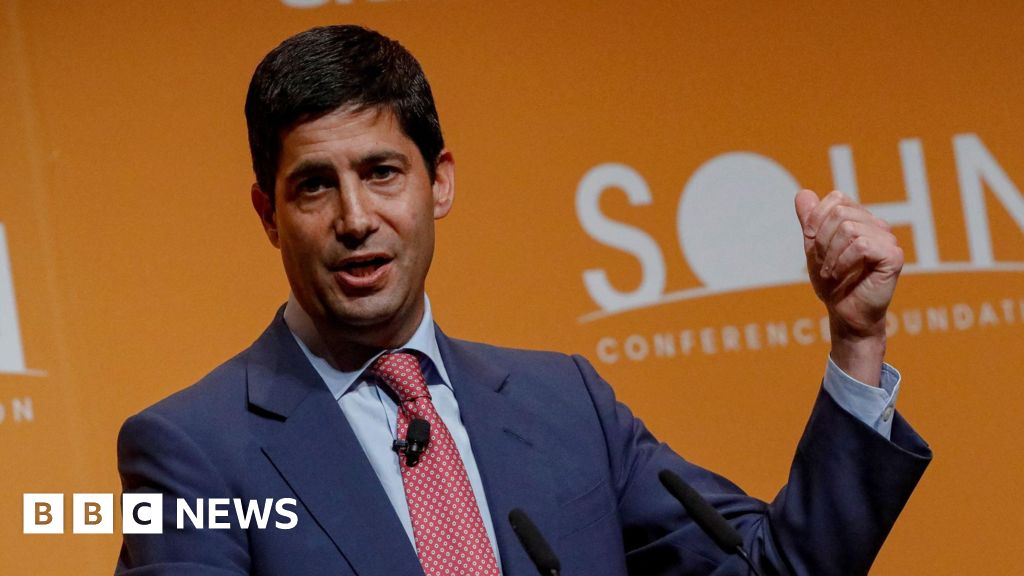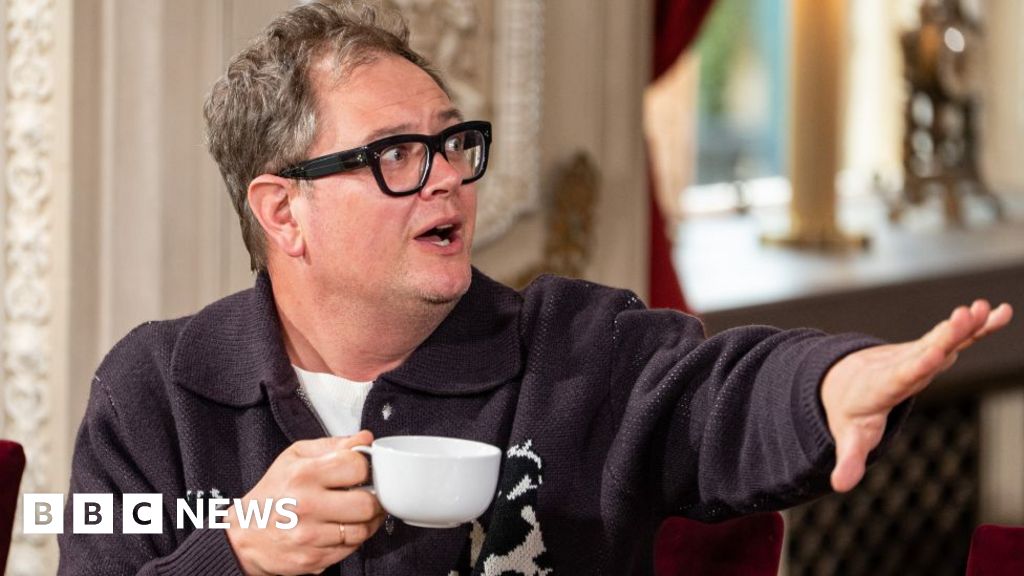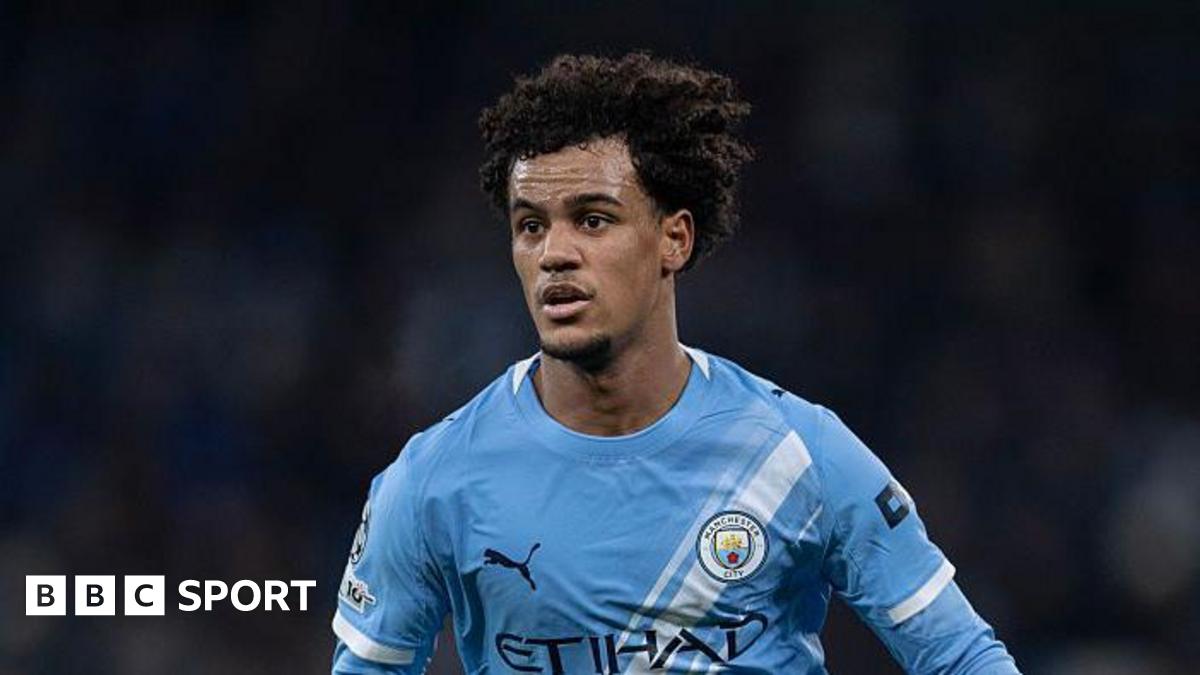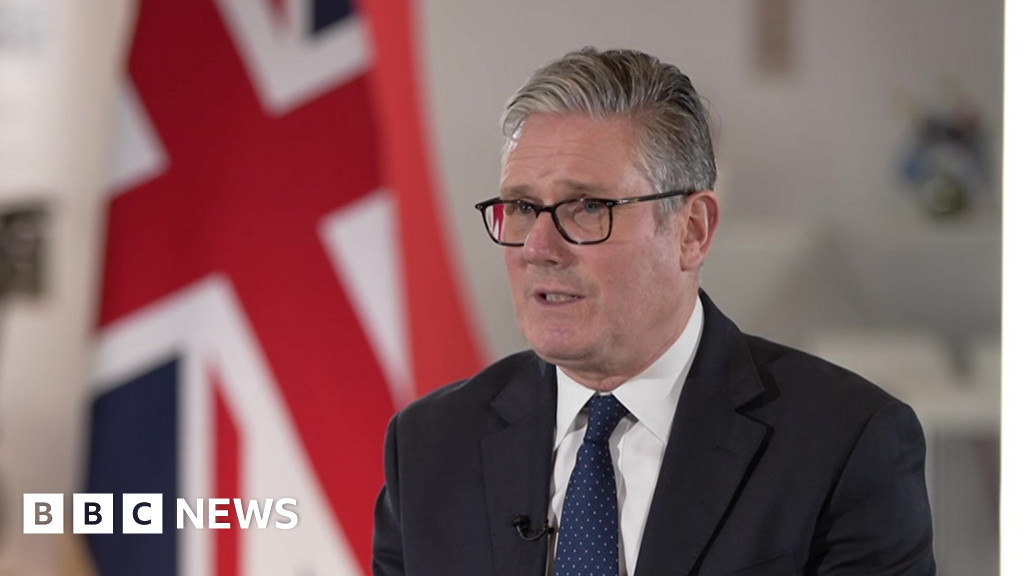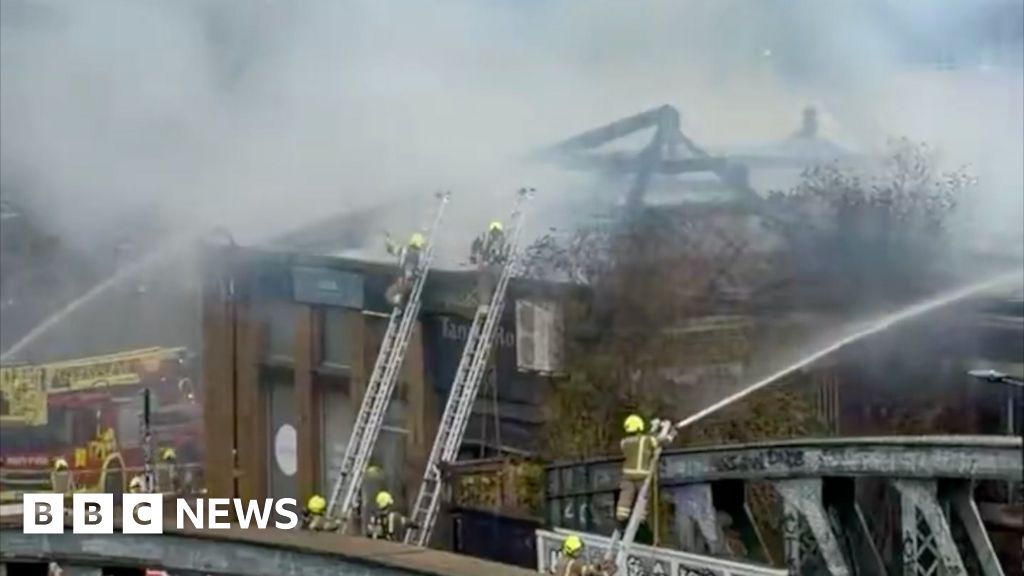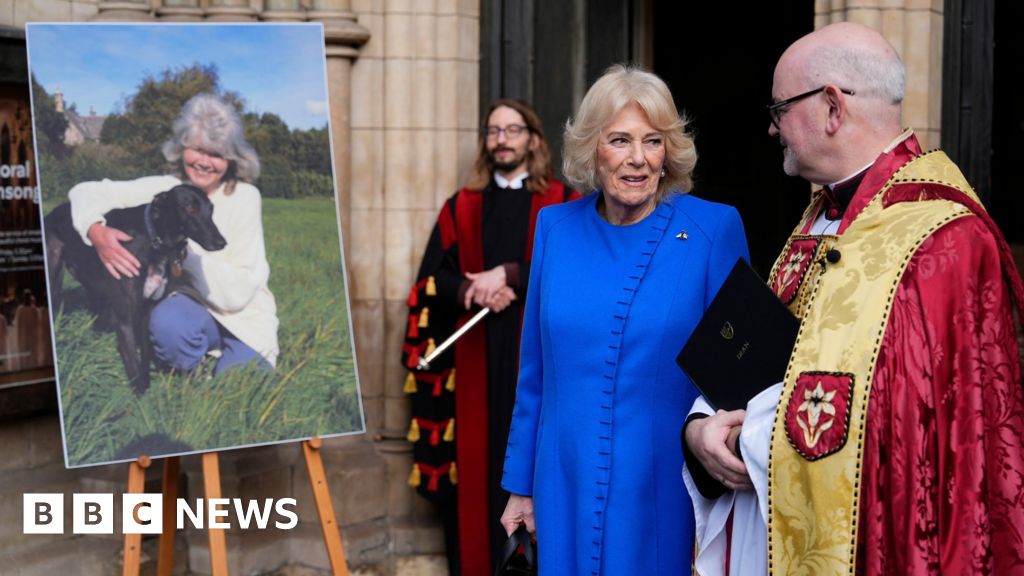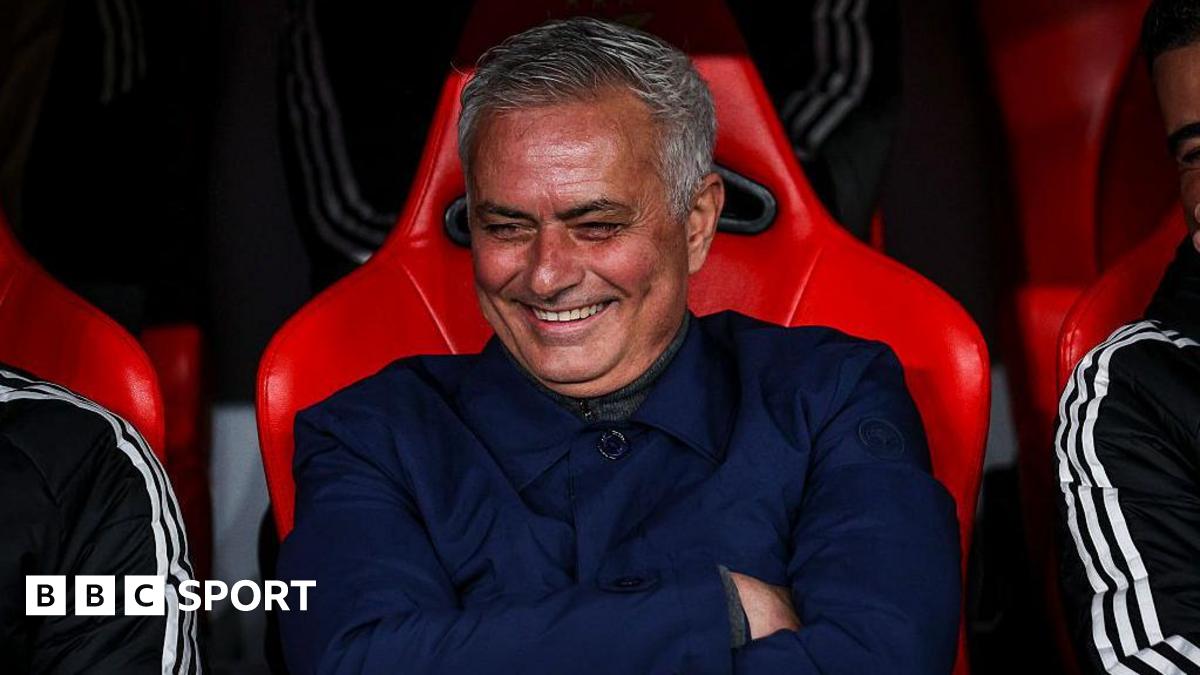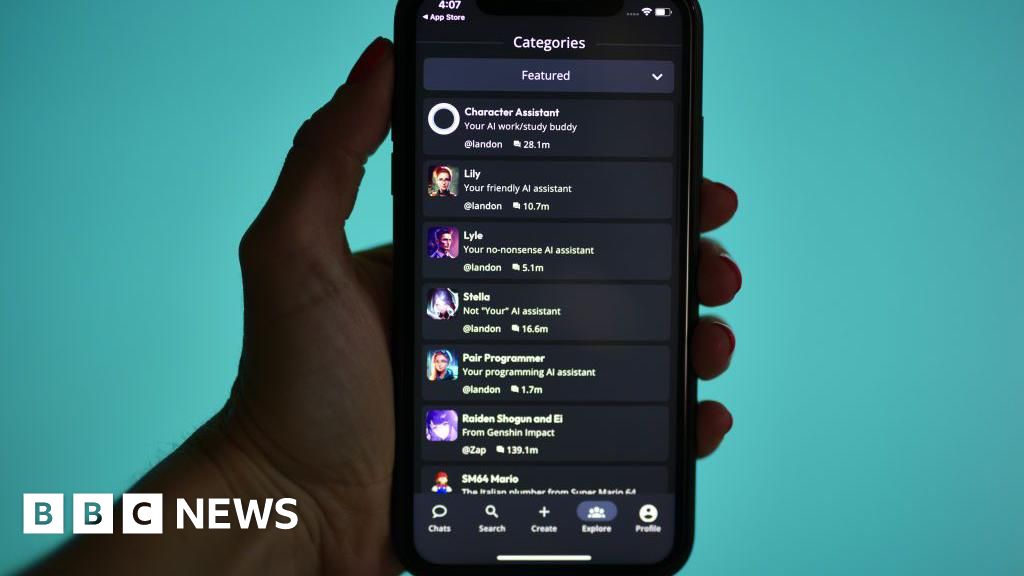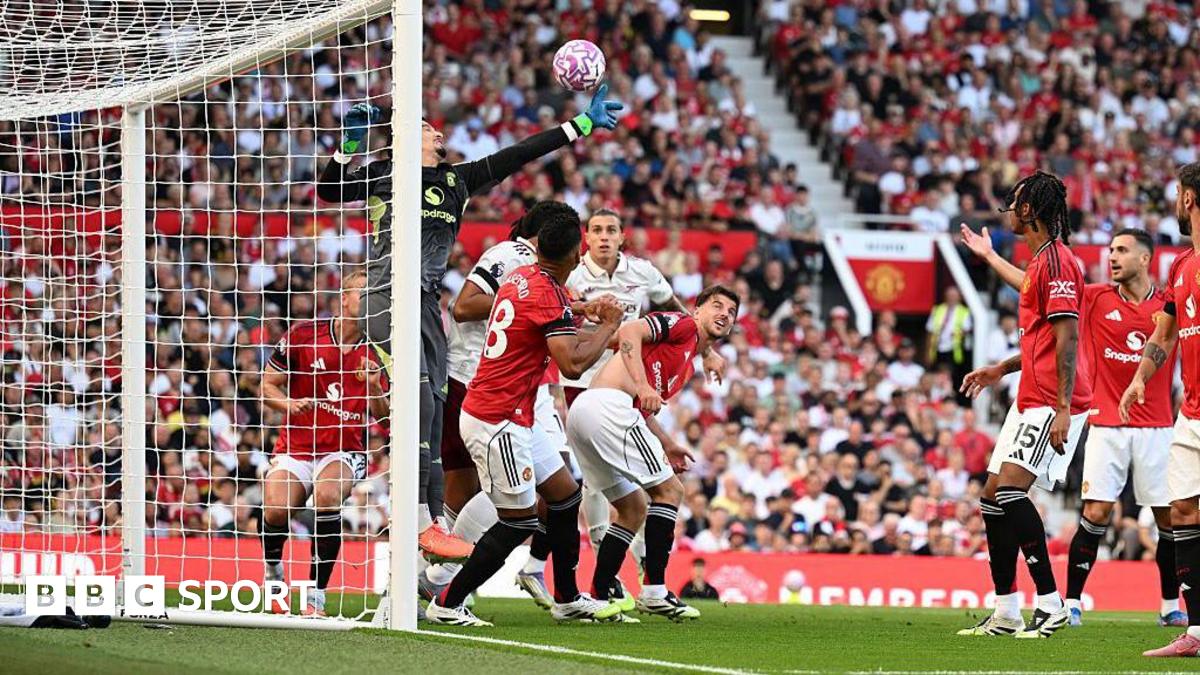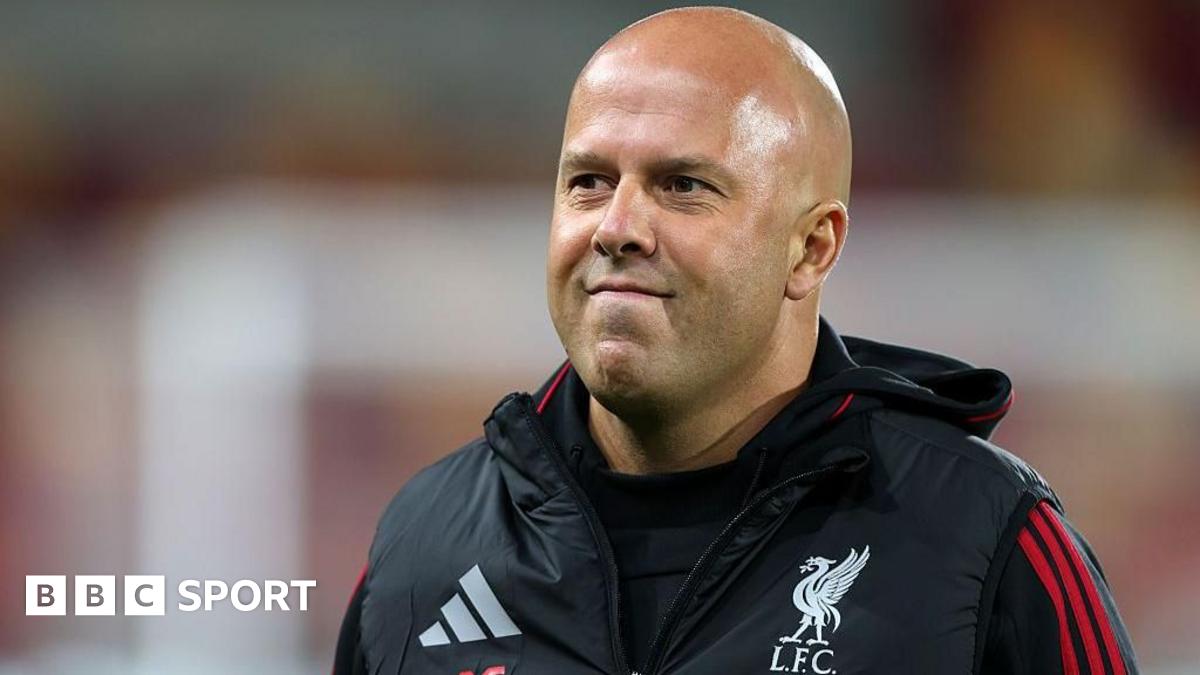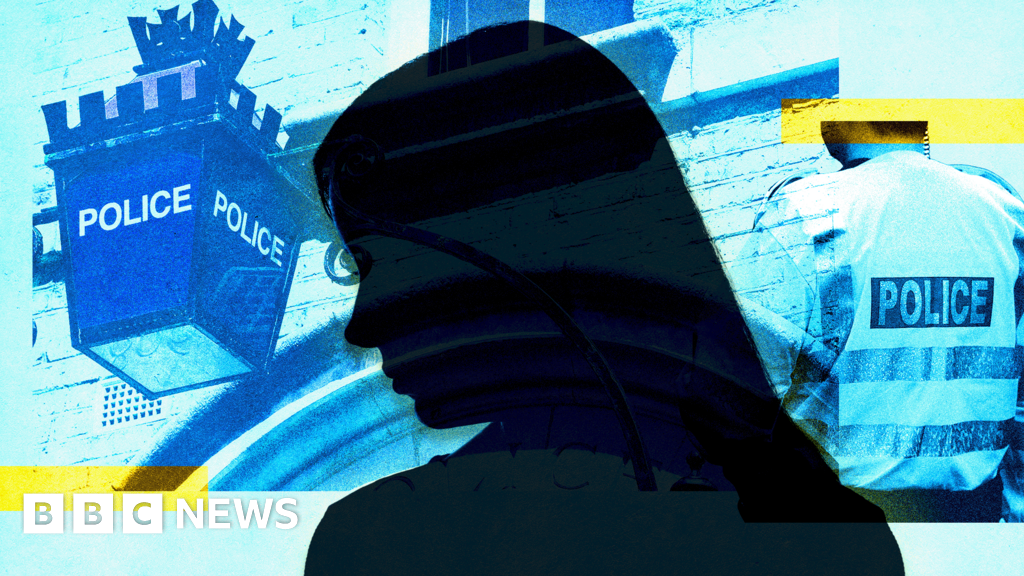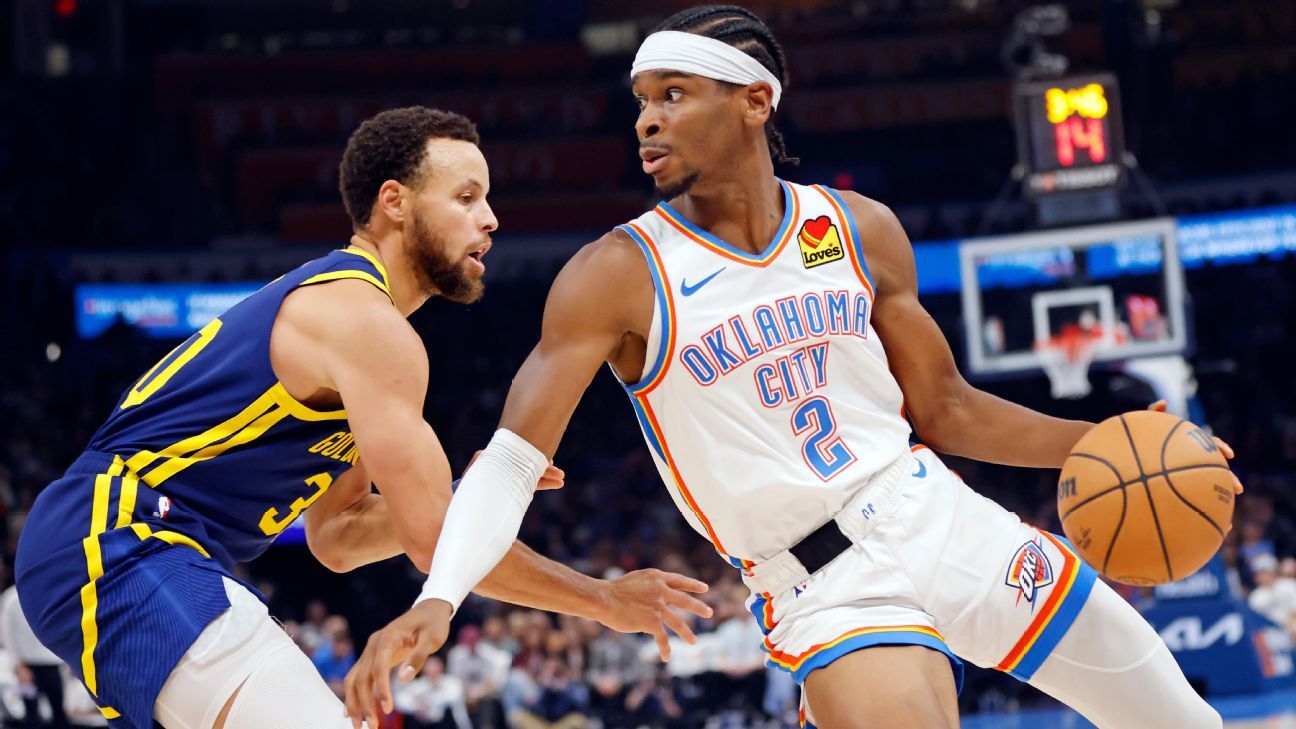Henry ZeffmanChief Political Correspondent

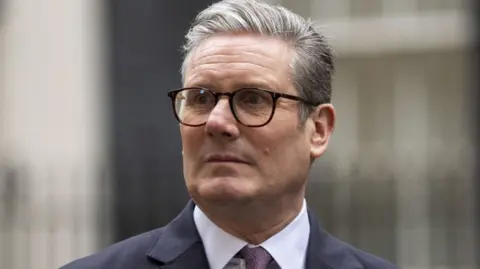 PA Media
PA Media
Sir Keir Starmer round the back of Downing Street being handed a disposable camera to take with him to India.
Ed Miliband in front of a fake pub backdrop eating from a bag of crisps while talking about green energy.
The senior cabinet minister Darren Jones drinking from a big, government-branded mug while explaining plans to introduce digital ID.
Just three recent examples of short-form videos made by the government for social media in an attempt to find new ways of communicating its message.
"Storytelling". It's a word which comes up again and again at the moment in off-the-record conversations with ministers, government advisers and Labour MPs.
Their candid contention: this government isn't good enough at explaining what it's doing, who it's for and what the prime minister is all about.
Part of this is frustration at the mechanics of how the government tries to sell its message to the public.
But part of it reflects deeper anxieties and frustrations about the message itself, rather than simply the medium by which it is communicated.
"We still need to define ourselves," one cabinet minister said. "If we end up defining ourselves in response to the left or the right we will veer off to extremes and chase what others are saying.
"We need to stand alone with our own bold, credible, modern agenda."
At least two of the prime minister's senior ministers have been given the task of finding ways to improve the government's storytelling.
Picking fights with opponents
Jones, the first ever minister to be given the title chief secretary to the prime minister, has started a "Darren explains" short video series where as well as ID cards he has described the government's new towns policy, but is also spending much of his time trying to hone the message the rest of the government communicates.
David Lammy, the new deputy prime minister, is also advising Sir Keir on the issue including in weekly bilateral meetings.
At a recent meeting with Spain's prime minister, Pedro Sanchez, on the sidelines of a conference of European socialist parties, Lammy was advised to find ways to proactively pick fights with other political parties on the right and the left, campaign groups and even parts of the Labour coalition as a way to define more sharply for the public what this government believes.
But what does the government actually believe? What are the priorities it needs to find a way to reflect?
Ask those questions of some of the most senior figures in government and you still get different answers.
For some there are now three clear priorities - improving living standards, combatting illegal immigration, and improving the NHS.
Present others in government with that formulation, though, and they quibble, arguing for example that growth should be, indeed already is, the driving economic focus; or that targets on housebuilding and planning reform deserve a more central role.
Of course this is a question which Sir Keir has sought to answer repeatedly before, not least with the five missions he unveiled in February 2023, or the six milestones which made him his "plan for change" in December 2024.
Yet there is still frustration from some of those most loyal to the prime minister that he has not quite found a way to land his message.
"We're just not good enough at painting a picture of what we want the country to be in 10 years' time," one senior government source said.
"We say we have a plan for change and national renewal but we don't spell out what that means for schools, for hospitals, for people.
"We just sound like we're supervising things carrying on as they are."
Others are more optimistic.
"We have the agenda, we just need to find a way to hang it together as a more coherent story," an official said.
'We just need to get on with it'
Among rank-and-file Labour MPs, especially the vast caucus first elected at last year's general election, there is a recurrent feeling that the government is not doing enough in parliament to demonstrate the urgency of its approach.
"We don't actually seem to be doing anything at the moment," one MP fumed last week.
Those in government counter that this is the natural rhythm of the parliamentary session, with fights on flagship legislation having already taken place much earlier after the election and several bills now in their later, more granular, stages.
Laws nearing conclusion include a gradual smoking ban, changes to planning rules, schools reform and enhanced workers' rights.
According to analysis by the BBC's Political Research Unit, in its 16 months in office the Starmer government has passed more new laws than the coalition government did after the 2010 election, and about the same number that David Cameron's majority government did after 2015.
However, the governments of Sir Tony Blair and Margaret Thatcher passed more legislation through parliament in their first 16 months in office.
In legislative terms, the question of what Sir Keir's priorities are now will be answered in the next King's Speech, which will unveil the next set of laws he wants to take through parliament.
Ministers began the process of making formal "bids" for laws they want included about a month ago.
'A lot of anger out there'
Others are restless to sharpen the government's agenda long before that King's Speech, which may well come after an extremely tricky set of local and national elections in May.
"There's so much we can do that doesn't rely on legislation," one cabinet minister said.
"We just need to get on with it. I've got a handful of colleagues who really get that. And some who simply don't."
Yet to others, questions about the government's message are inseparable from their misgivings about the messenger: Sir Keir himself.
On the evidence of at least one pollster, he is the least popular prime minister in British history.
Even so, some in government see the positive side.
"Remarkably for a politician who's been a party leader for a long time he's still not defined for a lot of the public," one senior ally of the prime minister said.
"There's a lot of anger out there but I still really believe that they're willing to change their minds about him.
"A lot of people still don't quite know what they think of him."
Some Labour MPs are more pessimistic.
One said: "Our problem is that if Keir Starmer went into a room and shouted 'fire', everyone would stay sat down."


Sign up for our Politics Essential newsletter to read top political analysis, gain insight from across the UK and stay up to speed with the big moments. It'll be delivered straight to your inbox every weekday.

 3 months ago
102
3 months ago
102

